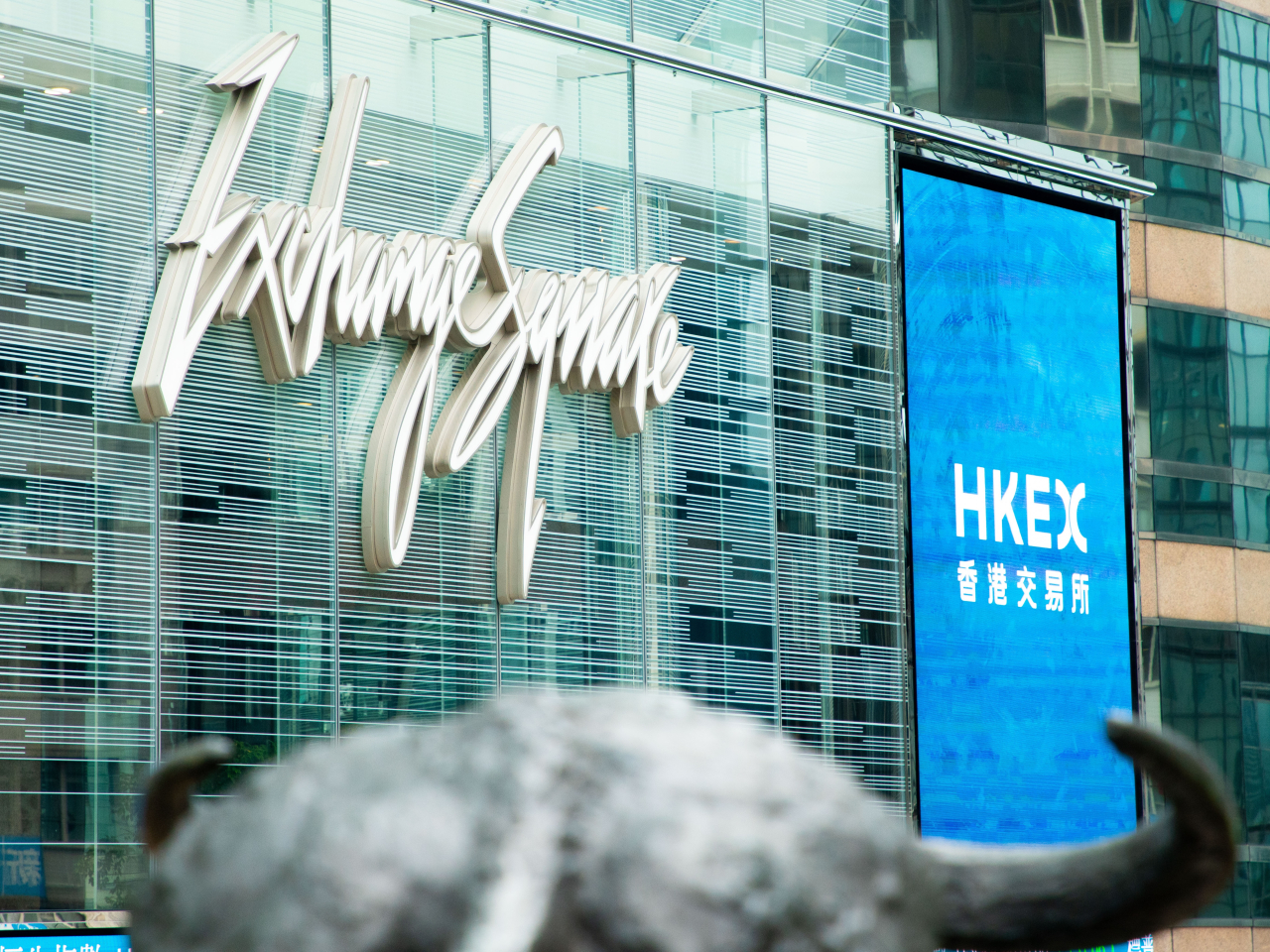Mainland and Hong Kong stocks gained on Monday, recovering from last week's sharp declines, as defence and tech stocks led gains.
The benchmark Hang Seng Index ended trading for the day up 225 points, or 0.92 percent, at 24,733.
The Hang Seng China Enterprises Index climbed 1.01 percent to 8,893 while the Hang Seng Tech Index jumped 1.55 percent to 5,481.
Up north, the benchmark Shanghai Composite Index closed up 0.66 percent at 3,583 while the Shenzhen Component Index closed 0.46 percent higher at 11,041.
The combined turnover of these two indexes stood at about 1.5 trillion yuan, down from 1.6 trillion yuan on Friday.
Sectors such as military equipment and gold led gains while stocks related to photovoltaic equipment suffered major losses.
The ChiNext Index, tracking China's Nasdaq-style board of growth enterprises, gained 0.5 percent to close at 2,334
The rebound on Monday came after markets last week booked their steepest losses since April. The bullish trend for Chinese equities has started to show signs of slowing as the much anticipated Politburo meeting and tariff negotiations with the United States both failed to deliver positive surprises.
"Market sentiment is becoming more volatile as positive catalysts are losing momentum," Citic Securities said in a note, adding that investors might shift focus to defensive sectors for shelter or industries with clear growth trajectories.
The tech sector jumped 1.6 percent and AI-related shares added 1.7 percent, leading markets higher.
Domestic chip stocks continued to rally on Monday after Beijing raised concerns over potential security risks in Nvidia's H20 chip.
Looking ahead, markets are awaiting new developments on the trade truce between China and the United States that expires on August 12. US Treasury Secretary Scott Bessent said Washington has the makings of a deal and was "optimistic" about the path forward.
"Given rising uncertainties in the foreign market, especially in the US where Trump's intervention in economic reporting undermines the efficacy of policies, both on- and off-shore Chinese markets will likely be under pressure in the near term," Hong Hao, chief investment officer at Lotus Asset Management, said in a note. (Reuters/Xinhua)





